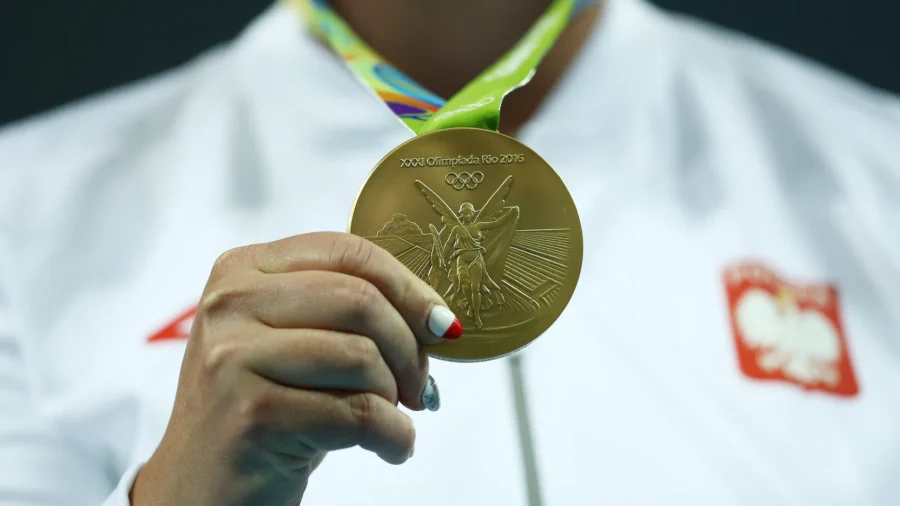The decision by World Athletics to offer prize money to track and field gold medallists at this summer’s Olympic games has sparked major criticism among various sports bodies.
Despite widespread support among athletes, the Association of Summer Olympic Committee (ASOIF) criticized the move and said in a statement on Friday that prize money “undermines” the uniqueness and values of the games.
“One cannot and should not put a price on an Olympic gold medal and, in many cases, Olympic medallists indirectly benefit from commercial endorsements. This disregards the less privileged athletes lower down the final standings,” the ASOIF stated. The panel also said it wasn’t informed or consulted about the historic decision.
David Lappartient, president of the International Cycling Union (UCI), also suggested that the move would have unintended but disproportionate consequences for other athletes.
“If we concentrate the money on only top athletes, only gold (medallists), then of course a lot of opportunities will disappear for athletes all over the world,” he said following the decision. “We really believe that this is not the Olympic spirit,” Mr. Lappartient added.
Sebastian Coe, World Athletics President and two-time Olympian, announced the landmark decision last week. The total prize fund of $2.4 million will come from the International Olympic Committee’s revenue share allocation that World Athletics receives every four years, according to Mr. Coe. Relay teams would split the same amount among their team members.
The international governing body boasted that it would be the first international federation to award prize money at an Olympic Games as a financial reward to athletes for achieving the “pinnacle” of success in their sport.
“The introduction of prize money for Olympic gold medallists is a pivotal moment for World Athletics and the sport of athletics as a whole, underscoring our commitment to empowering the athletes and recognising the critical role they play in the success of any Olympic Games,” he said in a statement.
Some national Olympic committees and governments already reward athletes for their outstanding performances. For example, gold medalists in France, the host country of this summer’s Olympics, are given an $85,000 prize. The U.S. Olympic and Paralympic Committee gives gold medallists $37,5000. Silver and bronze medalists are also financially rewarded under the “Project Gold” program.
But countries financially reward stellar athletes for “purposes of national pride” and prize money is “applied consistently across all sports at the Olympic games,” the ASOIC argued.
Andrew Capobianco, American diver, and Tokyo Olympic Games silver medalist, recently said at a media summit in New York that he’s hopeful the initiative will be applied to all sports in the future.
“I wouldn’t say that I’m jealous. But I’m hopeful that, kind of, can move into all other sports, as well, that they’re the trailblazers for that. More money for Olympic athletes, especially the smaller sports, would be great.”
The new prize money initiative also comes with a “firm commitment” to extend the prize money at a tiered level to include Olympic silver and bronze medalists at the 2028 Olympic games in Los Angeles, according to World Athletics.
The summer Olympics in Paris is set to begin on July 26.

